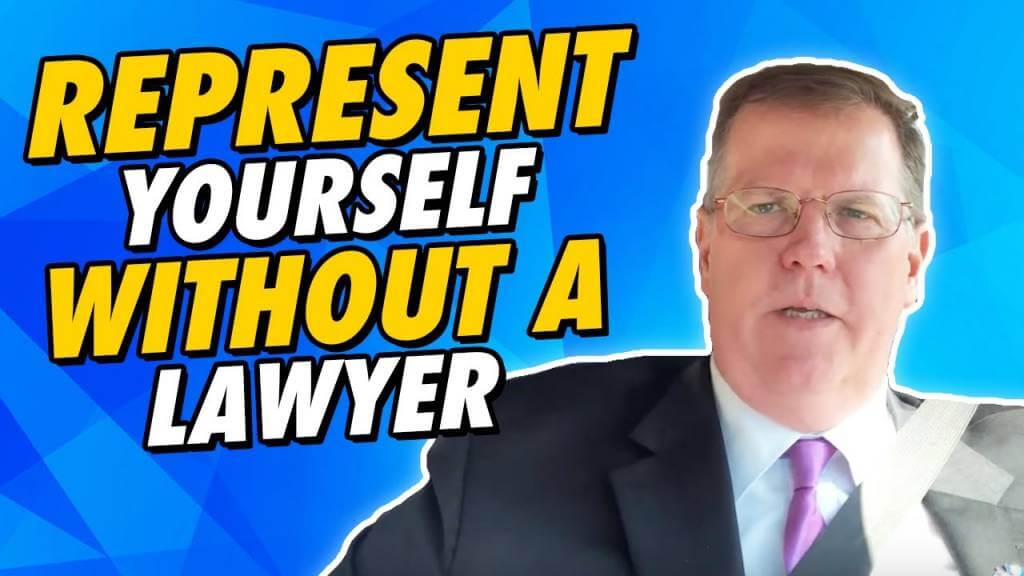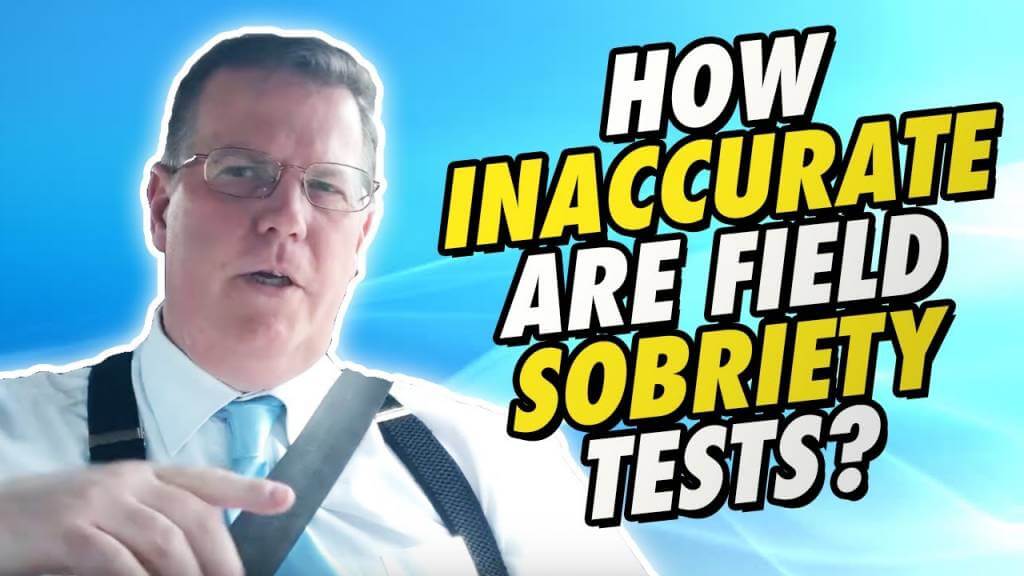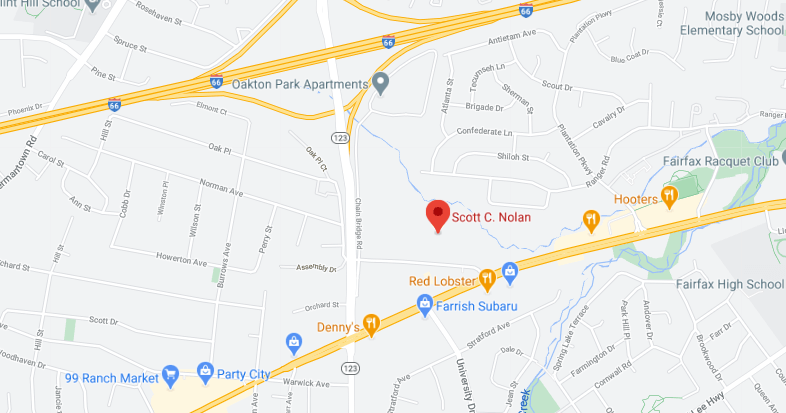It may not seem like a crime on a large scale, especially since it can even happen accidentally. But writing a bad check in Virginia can have serious consequences. Read on for what you need to know.
What Does It Mean to Write a Bad Check?
When someone writes a bad check (the person writing the check is known as the payor, and the person receiving it is the payee), they either write a check for an amount that’s more than what is in the related checking account, or they write a check on an account that either doesn’t exist or was previously closed. Regardless, the result is that the person or organization to whom the check was issued is out the money they thought they would receive, and they’re likely to be assessed fees from their own bank. Worse, if the person or organization receiving the bad check deposits it into their account and writes checks against it, they, in turn, can cause checks to be returned (also known as having overdrafts), which could lead to additional fees and financial difficulties.
A common phrase for describing how a bad check is handled is to say the check bounced. Roughly, that means the check should have “landed” in the payee’s bank account and provided them the funds promised, but instead, it “bounced,”meaning it was returned to the person who wrote it because of nonsufficient funds or it was drawn on an invalid account.
How Does Virginia Law Regard the Act of Writing Bad Checks?
Virginia law reflects how seriously the state of Virginia takes the act of writing bad checks. It’s considered larceny (a type of theft), which is legally defined as taking the property of another with the intention of depriving the other person of their rightful property. In this case, writing a bad check is usually done as a transaction where a person or organization has provided material items or services in exchange for the check. By writing the bad check, the payor receives the items or services for free rather than the agreed-upon amount.

Theft is considered a crime. Writing a bad check can also be considered a crime as a subset of theft.
What Kind of Crime Is Writing a Bad Check in Virginia?
It depends on the amount of the bad check and how many times it was issued.
Misdemeanor. If the check is for less than $1,000, the charge could be a class 1 misdemeanor. Potential consequences include up to 12 months in prison and a fine of up to $2,500.
Felony. Writing a bad check is considered a class 6 felony if it’s a check over $1,000 or multiple checks totaling more than $1,000 drawn from the same account, issued to the same person or organization, and all checks are written within 90 days. If convicted, this felony could lead to up to five years in prison and fines of up to $2,500.
What if I Bounced a Check Accidentally?
This is something that happens relatively easily. People check their bank accounts online and don’t realize certain transactions haven’t been deducted from their accounts yet, so they think they have more funds available than they really do. It can also happen in joint checking accounts, where one account owner doesn’t realize the other has written a check that hasn’t been cashed yet.

Often, the payee is willing to grant a short period for the payor to make good on the check. They might require the payor to repay them in cash, including whatever bank fees the payee incurred because of the bounced check. In those cases, often nothing more happens because the debt has been satisfied, and no charges are filed.
If I’m Charged with Writing Bad Checks in Virginia, What Is My Defense?
There are different tactics that can be used to pursue being found innocent of misdemeanor or felony charges regarding writing bad checks. The attorneys representing the payee have to prove intent. That means that they need to prove that you intended to commit larceny, deliberately writing a check from an account that either didn’t have adequate funds (and you know that) or that you knowingly wrote the check from an account that was closed or never existed.
Claiming a mistake is a common defense. That defense rests in the concept of lack of intent.

Several other defenses could be used, including:
- The check was unsigned. Checks are supposed to be signed for them to be legally cashed or deposited.
- The check was cashed 30 days or more after it was written. This could be related to doing a quick balance check online and thinking the check was cashed when it wasn’t, leading to additional spending.
- The check was post-dated with a date later than the actual date of issuance, which should cause the check not to be valid until the date on the check. Sometimes someone will deposit a post-dated check early and cause the check to bounce.
What Should I Do if I’ve Been Charged with Writing Bad Checks in Virginia?
Call me at 703-688-9236 to request a free case evaluation. Because this is considered a crime that can have serious consequences, it’s imperative to have legal representation that understands Virginia laws around this and knows how the court views these types of transactions. Felony laws are complex and need an experienced attorney to navigate them.











